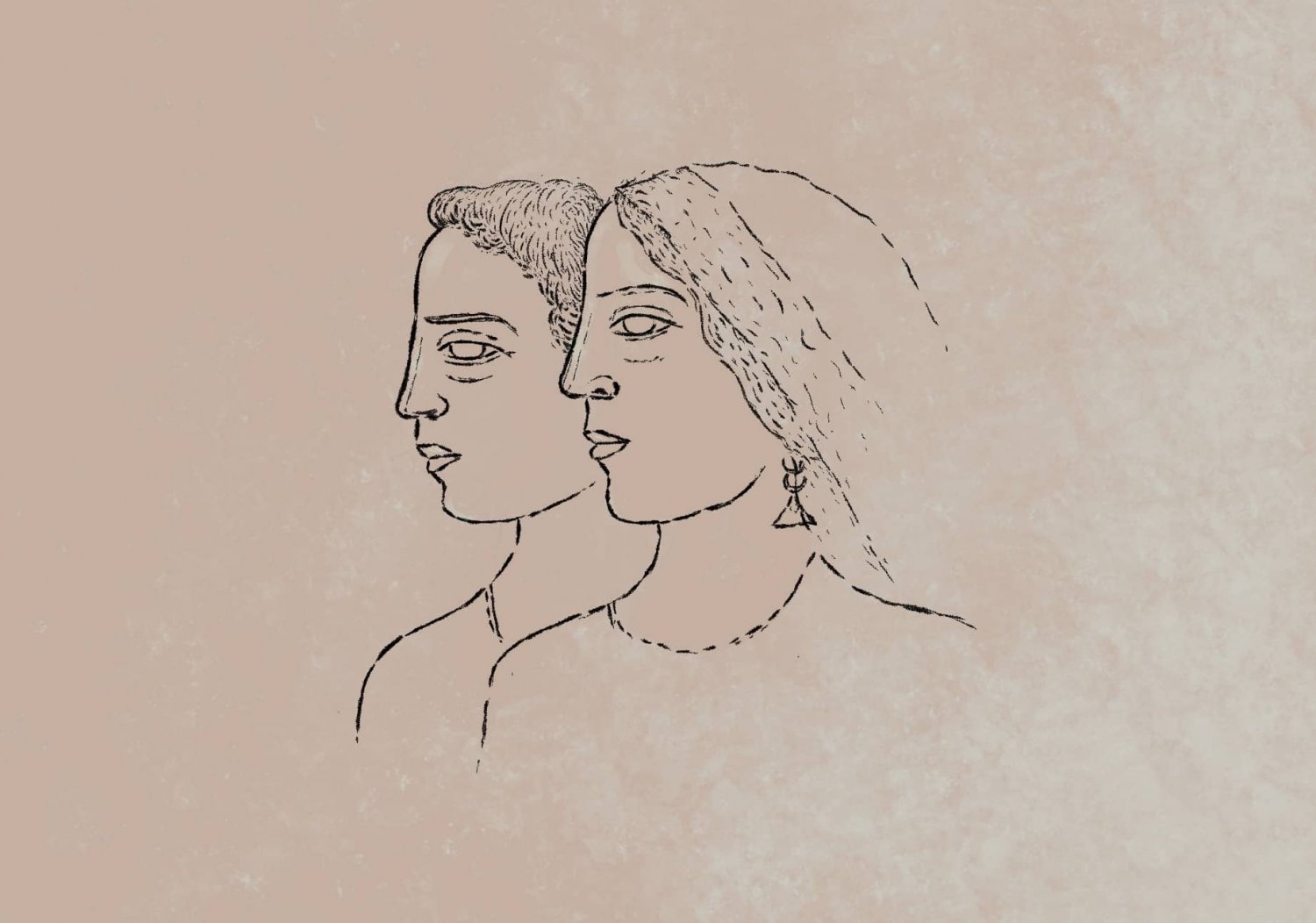Background: Palestinian with a revoked Jerusalem permanent-resident ID due to leaving the country; applying for reinstatement
Status: Has held a temporary-resident visa since 2018; she was set to receive her permanent-resident ID in March 2020, but the coronavirus pandemic delayed the process.
Ghadeer1 was born in 1967 and raised in Shu‘fat, a Palestinian village north of the Old City of Jerusalem. As a Jerusalem resident, she was entitled to permanent residency through her parents, and she received a permanent-resident ID when she turned 16.
In the early 1980s, her parents went to the US for better economic opportunities, and she and her siblings left Shu‘fat to join them. When Ghadeer returned to Jerusalem through the Ben Gurion Airport about 10 years later, she entered on her US passport and received a tourist visa; there was no mention of her permanent-residency ID as a native of Jerusalem. During a visit to Jerusalem in 2000, she learned that her permanent-resident status may have been revoked, since she had remained abroad for so long. (She had married in the US and had children, and she was unable to travel to Jerusalem as often as was required to retain her permanent-resident status.) But by 2016, three of her four children had grown up and left home, and she had gone through a divorce; she began to consider moving back to Jerusalem. Her brother told her that she might be able to get her permanent-resident status reinstated.2

